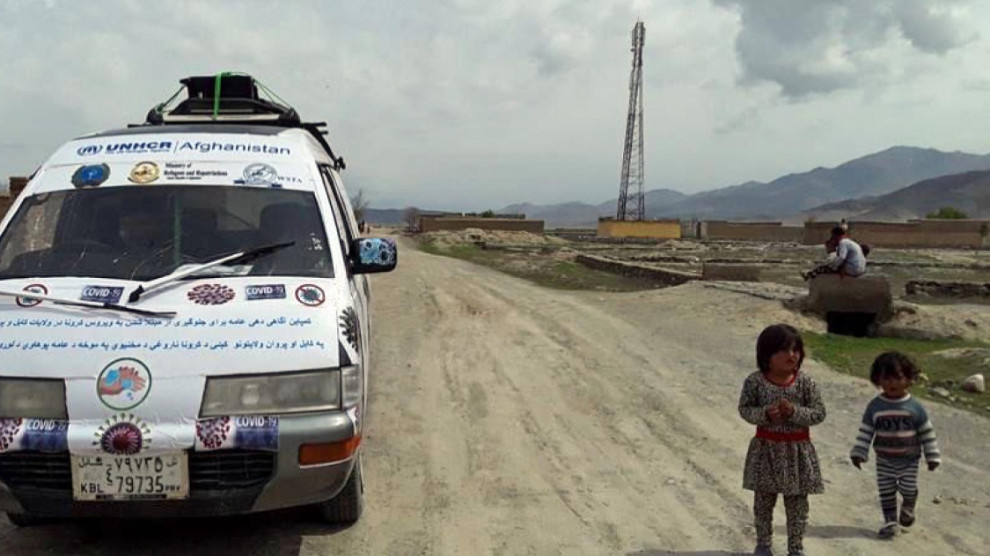UNHCR says women refugees most at risk because of COVID-19
The Assistant High Commissioner for Protection at UNHCR, Gillian Triggs, warned today that the COVID-19 is inducing massive protection risks for women and girls forced to flee their homes
The Assistant High Commissioner for Protection at UNHCR, Gillian Triggs, warned today that the COVID-19 is inducing massive protection risks for women and girls forced to flee their homes

Assistant High Commissioner for Protection at UNHCR, Gillian Triggs, said: "We need to pay urgent attention to the protection of refugee, displaced and stateless women and girls at the time of this pandemic. They are among those most at-risk. Doors should not be left open for abusers and no help spared for women surviving abuse and violence."
Triggs added: "Confinement policies, lockdowns and quarantines adopted across the world as a response to the pandemic have led to restricted movement, reduced community interaction, the closure of services and worsening socio-economic conditions. These factors are significantly exacerbating the risks of intimate partner violence. Some may end up confined to their shelters and homes, trapped with their abusers without the opportunity to distance themselves or to seek in-person support. Others, including those without documentation or those who have lost precarious livelihoods, as a result of the economic devastation that COVID-19 has inflicted, may be forced into survival sex or child marriages by their families. Within the household, many women are also taking on increased burdens as caregivers."
UNHCR is also distributing emergency cash assistance to support survivors and women-at-risk. Action is also being coordinated across the humanitarian sector to ensure the risks of sexual and gender-based violence are mitigated throughout all sectoral interventions, including but not limited to the emergency health response.